...seriously???
WTF is "NICE"?
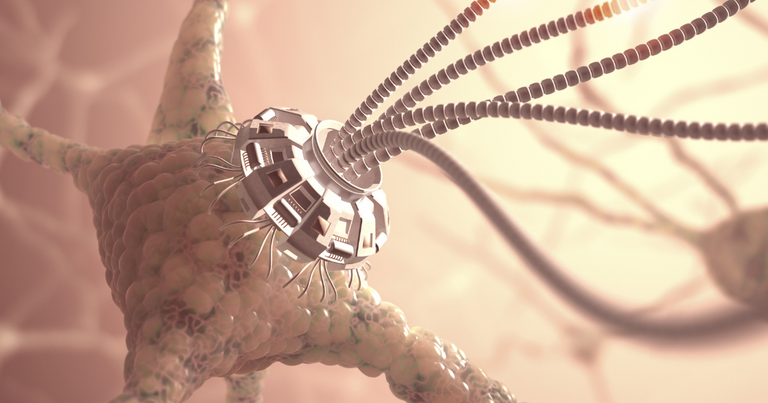
From the depths of Google crawls a very creepy patent filed as "Ferritin nanoparticle compositions and methods to modulate cell activity" by the Rockefeller University.
The obscure abstract hints that this new technology can modify specific cell behavior to treat diseases - but a deeper look reveals some hidden applications that may blow your mind.
Note: if you want to brave this yourself:
- You can view the abstract here: Scientific abstract
Or...
- You can view the incredibly dense full version here: Full Patent (science)
However...
Rather than just giving you an overview, I wanted to dive a little deeper into this massive, 82-page brain-suck of a scientific paper and pull out a little weirdness for you to chew on.
(...some illustrations from the paper... 👇)
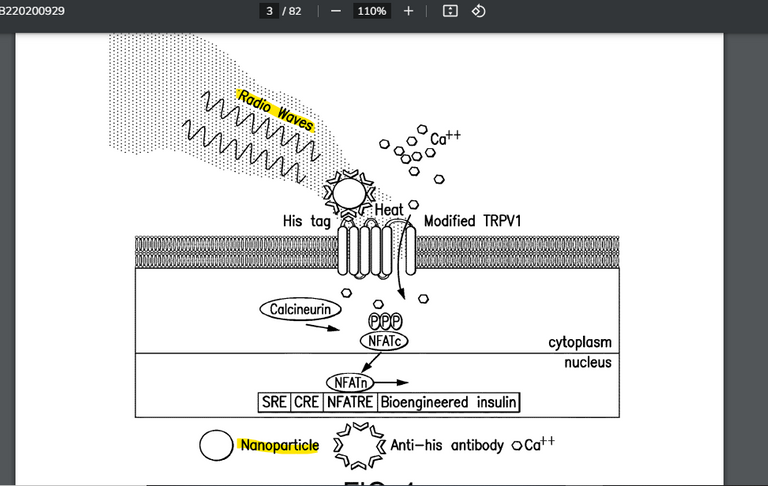
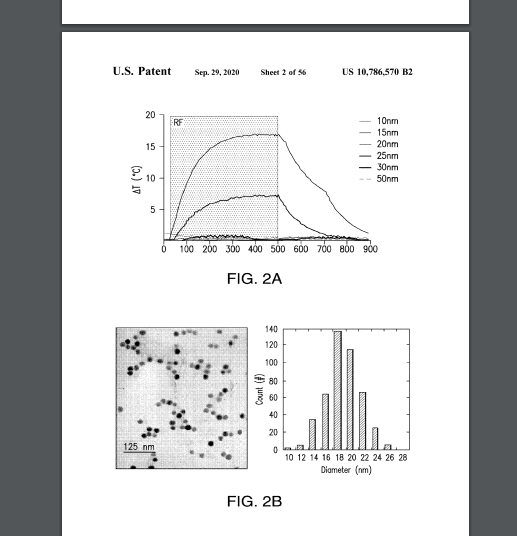
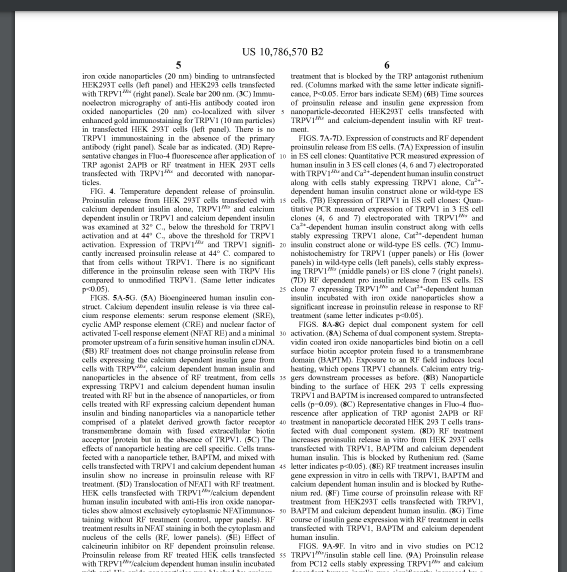
And while I'm no scientist, there are definitely some clear-cut items I'd like to bring out to your attention - "hang out to dry" so to speak - and after they're out, you can decide for yourself what you think.
Sound good?
Okay. So...
"What the bloody heck is NICE?"
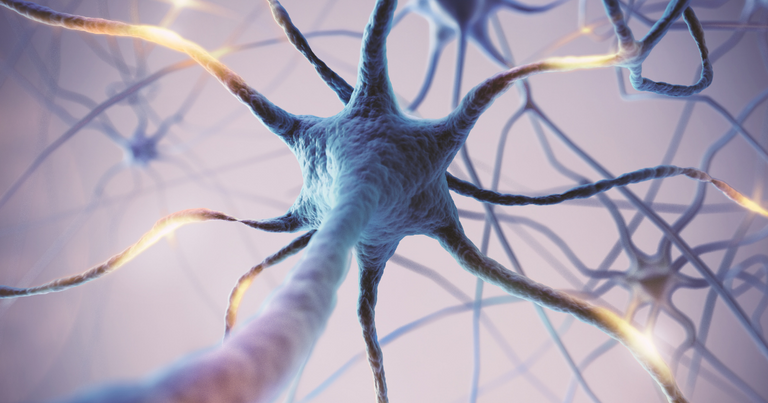
...I asked myself after my nephew posted a strange and alarming link to a patent hosted in the recesses of Google's archives. Usually, I forgo these... but I had a nagging suspicion I should take a look...
As it turns out, NICE stands for Nanoparticle Induced Circuit Excitation, which is a fancy way of saying:
"It's a technology that uses RF waves to 'modify' the behavior of specific cells or proliferate/regulate gene expression by remote control."
At first glance, the patent's "abstract" section seems to point to this technology being aimed at treating diabetes. But some of the language they used seemed to hint that this wasn't the only intended use (or origin) of the technology.
In fact, the "NICE" technology wasn't even mentioned in the abstract - nor was it mentioned on the first 56 pages of the scientific paper.
The summary basically hints that the invention (whatever it is) is capable of modifying cell behavior using RF waves (i.e., by remote control).
In order to find out HOW it could execute such a lofty task, I had to dig past all the confusing charts and graphs of (what appear to be) illustrations, photographs, and data representations of various tests the scientists used to prove the efficacy of their invention.
After reading quite a few incredibly dense, fine-print paragraphs, here are the highlights served up for YOU on a silver platter:
#1 Why was NICE first created?

So, it turned out I was correct to suspect that this tech wasn't originally created for the purposes of treating diabetes. Instead, it was created to test if it could modify actual behavior in nude mice.
The scientists used the technology to run a test with something called a "lick-o-meter" which was intended to increase the number of times a mouse would "lick" from the water dispenser in the cage.
Here's how they did it:
- They injected some of the mice with an engineered nanotech virus...
- They painted the infected mice red and the non-infected mice blue...
- They hit the mice with RF waves while they were drinking the water...
- They watched as the infected mice drank significantly more water due to the NICE technology's effects.
(👇 from the paper 👇)
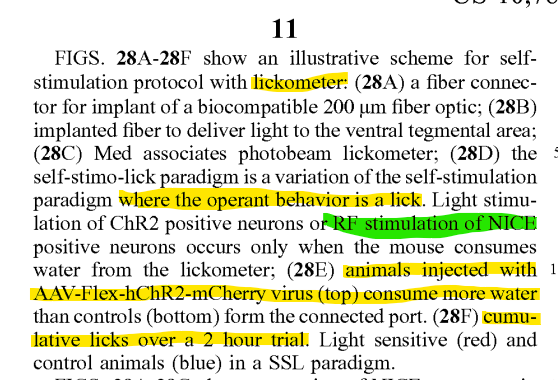
Pretty freaky, right?
The scientists were successfully able to alter a specific behavior in the mice by introducing a nano-engineered virus and then remotely blasting them with RF waves!
Remember that for later...
Up next, exploiting mammalian cells to gain entry...
#2 Exploiting “channels” for optimum modification of cellular activity
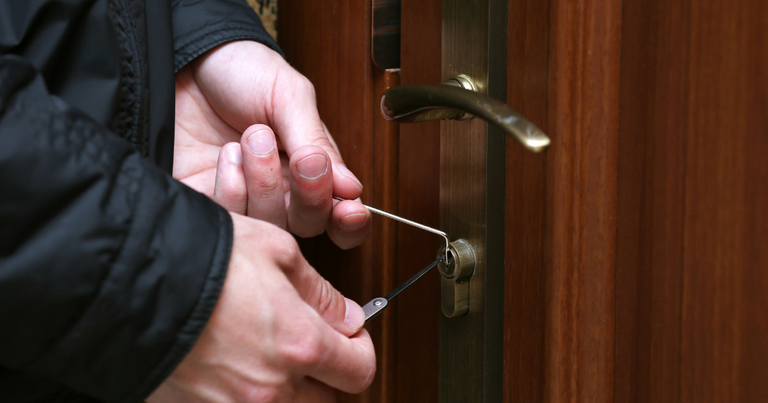
Using the NICE technology, scientists now have the means to "get into your cells" much more easily and make changes to them.
Here's a quote from the paper 👇
“The use of ion channels has many advantages; their structure and function are relatively well described; they have a rapid time course of activation, and a broad range of channels exist in mammalian and non-mammalian cells, which may be exploited in the search for the optimum means of modifying cellular activity.”
First, what are ion channels?
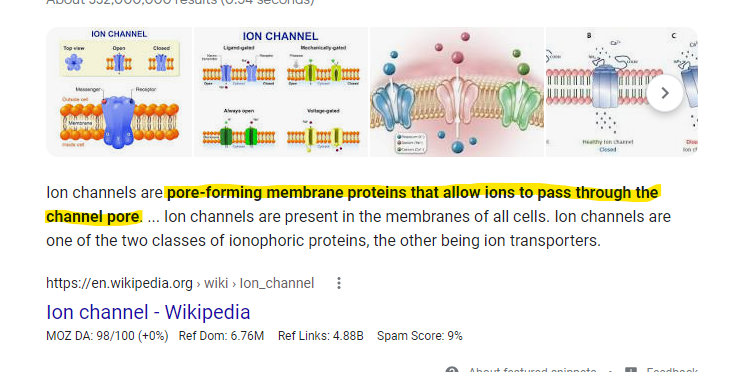
According to Wikipedia, Ion channels are the membrane proteins that allow ions to pass through the "channel pore" - granting access to the inside of a cell.
Meaning?
The NICE technology grants nanoparticles intracellular access to make modifications to mammalian and non-mammalian cells.
This is quite ominous because NICE is capable of modifying behavior without external application - and instead can be applied intracellularly - whereas the original invention (which we'll talk about next) wasn't able to do this.
#3 Say "Goodbye" To Analog - Say "Hello" To Remote Controlled Cells

I'm going to let this one speak for itself.
Here are the drawbacks of the old technology as they're stated in the paper:
“Recently, the non-mammalian channelrhodopsin ( ChR2 ) gene, a light activated cation, has been employed to rapidly activate molecularly defined neurons when exposed to blue light ( Boyden E S et al . 2005 Nat Neurosci 8 1263-1268 ). This system gives anatomical specificity and temporal control but also has limitations. For example, there are only two variants for activation, thereby limiting the potential for combinatorial activation, and more importantly, activation in vivo requires fiber optic light delivery via implanted devices that are invasive and can interfere with behavior.”
And here's how far NICE has come:
“The present invention provides methods and compositions for the remote control of cell function based on the use of radiofrequency waves to excite nanoparticles targeted to specific cell types. The invention uses Nanoparticle Induced Circuit Excitation ( NICE ) to, for example, regulate ion channels as a means for stimulating the activity of specific cells remotely and non-invasively.”
Summary: The NICE technology doesn't require external application and invasive procedures to make modifications to cells and gene expression. It can execute the task 100% remotely, 100% non-invasively.
#4 So... How Does NICE's Nanotech Work?
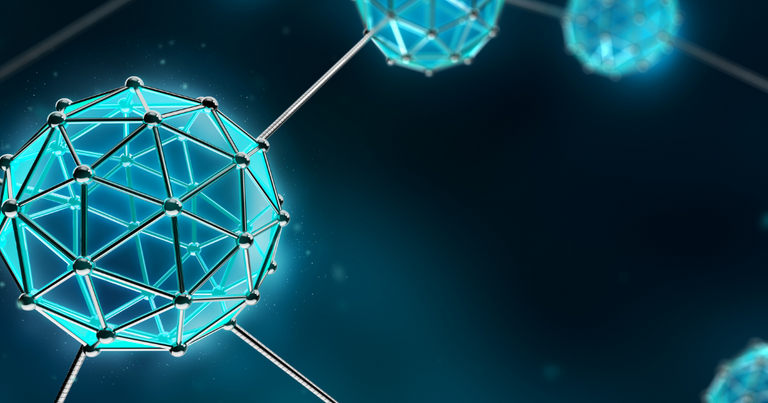
While the premise of the technology is extremely complex, the distilled version of "how it works" is actually quite simplistic when broken down.
Here's their explanation:
“According to one aspect , the described invention provides a method to remotely stimulate the activity of a cell type of interest wherein the nanoparticles are externally applied. Such a method comprises :
( i ) administering to a cell population nanoparticles selective for the cell type of interest ; and
( ii ) applying a radiofrequency field to remotely activate the nanoparticles.
Said activation of the nanoparticles results in stimulation of the activity of the cell type of interest.”
Summary: all it takes is for the engineered nano-virus to be introduced to the body and for RF waves of the correct frequency to be applied. Result? Modified behavior.
#4 What Can NICE Do?
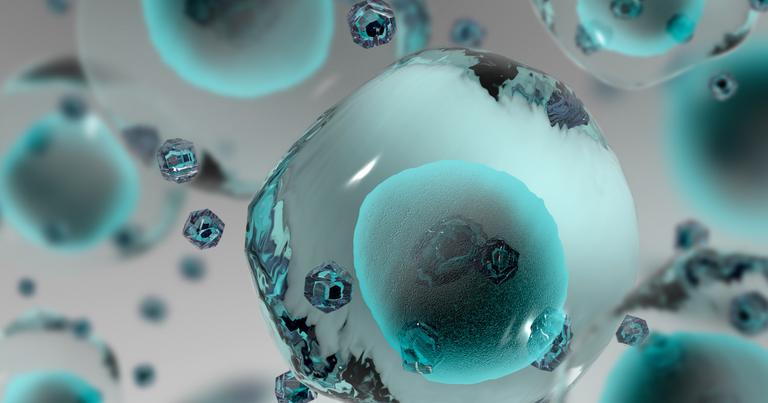
“Activities of the cell that may be stimulated include cellular responses such as:
(a) cell proliferation,
(b) differentiation ,
(c)apoptosis ,
(d) activation of signal transduction pathways ,
(e) neuronal activation ,
(f) development of long term production and / or regulation of gene expression.”
Example: “For example, stem cells, such as induced pluri-potent stem cells ( iPSC ) or autologous mesenchymal stem cells engineered to express NICE constructs could act as autografts enabling external control of cell function.”
But as we've already seen, the scientists were able to modify the behavior of nude mice and make them "lick" more. They were able to target the exact cells necessary to elicit a very specific reaction in the mice.
So, I have a question for you.
Have you ever seen the movie "Gamer"?

It's a dystopian flick staged in a world where people rent their bodies out for the rich to "remote control" using implanted nano-tech.
In the movie, Gerard Butler is a prisoner with a life sentence who is forced to be part of a first-person shooter where he is a "remote controlled" soldier on the battlefield of the game...
...except the game isn't really a game. It's 100% real. And the prisoners have no control over themselves on the battlefield.
The games are filled with real blood and gore as teenagers control the inmates and kill them without mercy.
After reading this scientific paper, I have to wonder:
*What if that idea isn't all that far fetched?
While the NICE technology isn't yet complex enough to execute multiple funtions and modify modal behaviors in real-time, it's a start to something rather scary.
Imagine this technology in 50 years?
And what other ways can this be used today - in its current state?
What if the government could modify the genes contributing to submissive behavior in the masses (and take full control)?
What if dopamine and serotonin output could be remotely flooded (forcibly addicting people on their own naturally produced chemicals).
What if dopamine and serotonin could be REDUCED remotely, making it possible to hold happiness and pleasure ransom - causing intense depression or even suicidal thoughts & actions?
What if an RF wave could be aimed at soldiers in camp and cause them to go into a murderous rage (turning them instantly into a weapon)?
What else could this be used for?
Seriously, what do you think?
And do you have any thoughts to add?
Do you already know something about this... and if so... what?
Am I getting something wrong here? Or is this as crazy as it seems to me?
I'd love to hear... please leave a comment!
P.S. Tagging @trucklife-family cause I thought the "Tyranny" post was awesome. Thought you might like (dislike) this one. 😊
Wow this could have some very negative outcomes to us in the future.
Right?
Kinda blew my mind!
Problem: it's impossible to maintain control over human's long-term because they possess a deep-seated combination of resilience and ignorance (for better or for worse)...
Solution: we'll just change the very make-up of what humans are!